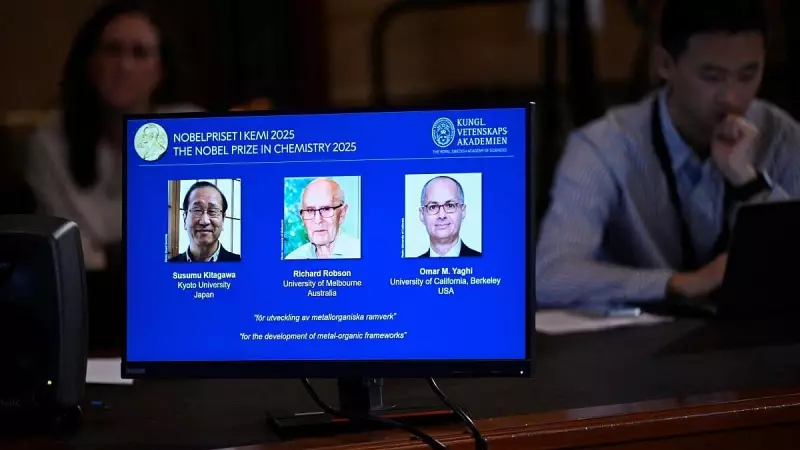
The scientific community is abuzz with excitement as carbon capture technology receives the ultimate validation - Nobel Prize recognition. This prestigious endorsement comes at a critical moment in humanity's fight against climate change, potentially reshaping how nations approach their environmental commitments.
Why Nobel Recognition Matters for Climate Technology
The Nobel committee's decision to honor carbon capture innovations sends a powerful message to the global community. It elevates what was once considered a niche technology to the forefront of climate solutions, providing much-needed credibility and momentum for wider adoption.
For India, this development couldn't be more timely. As one of the world's fastest-growing economies with significant carbon emissions, the country stands at a crossroads between development and environmental responsibility.
The Indian Context: Opportunities and Challenges
India's unique position in the global climate landscape makes this Nobel recognition particularly significant. The country faces the dual challenge of maintaining economic growth while reducing its carbon footprint. Carbon capture technology offers a potential pathway to reconcile these competing demands.
Key advantages for India include:
- Abundant coal reserves that could become cleaner through carbon capture
- Growing technical expertise in engineering and innovation
- Strong government focus on renewable energy and climate action
- Potential for leadership in developing nations' climate responses
Beyond the Laboratory: Real-World Applications
The Nobel recognition highlights that carbon capture is no longer just theoretical. Several practical applications are already demonstrating promise:
- Industrial applications: Capturing emissions from cement, steel, and chemical plants
- Power generation: Making fossil fuel-based electricity cleaner
- Direct air capture: Removing existing CO2 from the atmosphere
- Carbon utilization: Transforming captured carbon into useful products
The Economic Imperative
As climate change impacts become increasingly visible through extreme weather events and environmental degradation, the economic case for carbon capture strengthens. The technology represents not just an environmental necessity but an economic opportunity for countries that embrace it early.
"The Nobel committee's endorsement could trigger a wave of investment and innovation in carbon capture technology," says an environmental policy expert. "This is exactly the kind of signal that markets and governments need to accelerate development."
Global Implications and India's Potential Role
This Nobel recognition places carbon capture firmly within the mainstream climate conversation. It suggests that the international scientific community sees this technology as essential, not optional, in the fight against global warming.
For India, this presents an opportunity to leapfrog older, dirtier technologies and establish leadership in next-generation climate solutions. The country could position itself as both a developer and exporter of carbon capture expertise to other developing nations facing similar challenges.
The road ahead requires careful navigation of technical challenges, cost considerations, and policy frameworks. However, the Nobel Prize validation provides crucial momentum at a time when climate action has never been more urgent.





